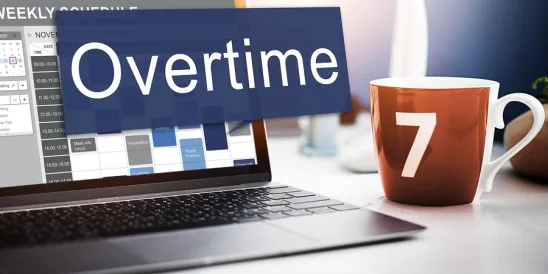The U.S. Department of Labor’s new Final Rule as to the Fair Labor Standards Act’s “white collar” exemptions to overtime could open employers up to class action liability as previously exempt employees fail to meet new salary requirements.
On May 18, 2016, President Obama and Secretary of Labor Thomas Perez announced the Department of Labor’s publication of a new Final Rule governing overtime under the executive, administrative, and professional exemptions to the FLSA’s overtime provisions—commonly referred to as the “white collar” exemptions.
In brief summary, the new Final Rule, which becomes effective on December 1, 2016, more than doubles the required salary threshold for the white collar exemptions to apply, increasing the annual salary threshold from $23,660 ($455 per week) to $47,476 ($913 per week). The Final Rule also raises the minimum threshold for an employee qualify under the “highly compensated employee” exemption from $100,000 to $134,004 in total annual compensation. Per the terms of the Final Rule, these thresholds will be automatically adjusted every three years.
These changes will effectively “un-exempt” large swathes of employees nationwide—the Department of Labor estimates over four million in the first year. As a result, following the effective date of the Final Rule, larger employers may be particularly vulnerable to class actions filed by employees who have been rendered non-exempt by the new salary thresholds. Lower level managers, administrative employees, and other professionals working for larger nationwide employers may be ripe for class certification where the common issue affecting all potential class members would be the simple question of whether each employee earns enough compensation to meet the new requirements.
Given these new developments, employers would be well-served to engage in wage and hour audits to identify possible exposure and review potential courses of action to address the issue before the Final Rule goes into effect.



 />i
/>i
